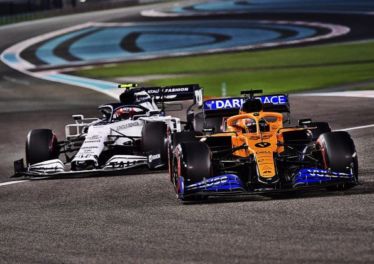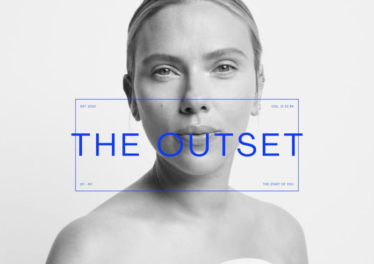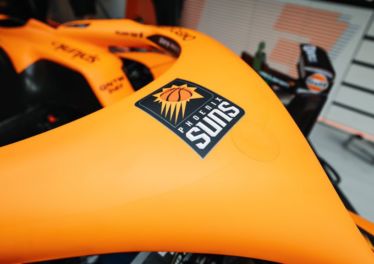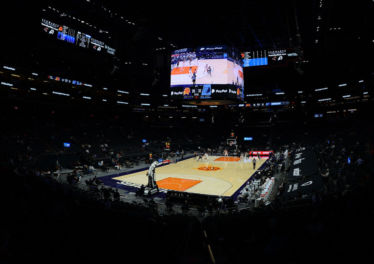This article is republished here from Yahoo/Sportico
A $300 million investment into McLaren racing by Phoenix Suns co-owner Jahm Najafi and former San Diego Padres co-owner Jeff Moorad is a bet that Formula One can shift the sport’s economics to generate the massive franchise value growth seen in other major leagues.
“We’re big believers in Formula One,” Moorad said in a phone call.
In December, MSP Sports, an investment fund led by Najafi and Moorad, invested 185 million pounds in U.K.-based McLaren Racing. The group has the option to raise that to 210 million pounds, which would buy them a total of 36% of McLaren’s equity, according to Moorad. At current exchange rates, 210 million pounds is almost $300 million.
Formula One Group is owned by Liberty Media, which gives publicly traded Liberty control of the commercial rights of F1, with the 10 racing teams and the F1 governing body as independent partners in the sport.
“We’re believers in Liberty Media’s model that they put in place,” Moorad said. “We really believe Liberty, through their influence and ownership of Formula One, is creating a model much more like the U.S. leagues, in terms of central league economics shared among the teams, as well as in terms of the governance—in particular the cost cap that allows each team to maintain a competitive business and a financially viable one as well.”
F1 is the premier auto sport globally, generating more than $2 billion in revenue in 2019, the vast majority from hosting fees by race promoters, media rights and race and series sponsorships, according to Morningstar.
“Formula One is a sport that gained significant popularity during the pandemic,” said Moorad. “It appeals to a younger demographic, and it has an esports component, which is important.”
The growing audience hasn’t equated with rising profits in F1, however. The league has tended to be split between a few teams spending well in excess of $175 million annually—Ferrari, Red Bull and Mercedes—and the less-profligate balance, including some teams that spend under $100 million, according to the Financial Times. The high cost of competing is said to be one reason engine supplier Honda, once dominant on the circuit, is leaving F1 (the other being a desire to be carbon neutral as a company). In a sign the economics of racing may be changing, Liberty has finally been able to get teams to accept some restrictions, instituting a vehicle spending cap of $145 million for 2021 and shrinking to $135 million in 2023. Starting that year, a driver salary cap is also planned, with teams probably having $30 million to split among driver salaries, according to Autosport.
The belief by MSP is that cost certainty will result in the same dynamics seen in North America, where restricted salary spending has coincided with ballooning franchise values in the NFL, NBA and, most recently, MLB. “We think over time that franchise values will attach to these teams much like in other sports. That’s a large part of our thesis,” added Moorad. Continued development of Formula E, an electric engine circuit that started in 2014, also promises longer-term growth, as well as potential addition of races in the U.S., where NASCAR is currently king.
MSP has a handful of prior investments, including European soccer clubs such as Madrid’s A.D. Alcorcon, Belgium’s Waasland Beveren and Lisbon’s Estoril Praia. To date the investments have been funded by MSP’s partners: Najafi, an investor who owns part of the Phoenix Suns and is a governor on the board of the NBA; Moorad, best known previously as general partner of the Arizona Diamondbacks and part-owner of the San Diego Padres; Arne Rees, now U.S. CEO with sports data giant Sportradar; and Steve Wasserman, a mergers and acquisitions expert.
MSP is also seeking to raise outside money from family offices and institutional investors to make additional investments as opportunities arise. “Sports has become more professionalized and sophisticated over the last 10 to 15 years,” Moorad said. “There’s more and more focus by investors on getting involved in the sports industry. We view it as an evolving asset class that will likely take on significant importance going forward. There are some early mover opportunities in the space.”



